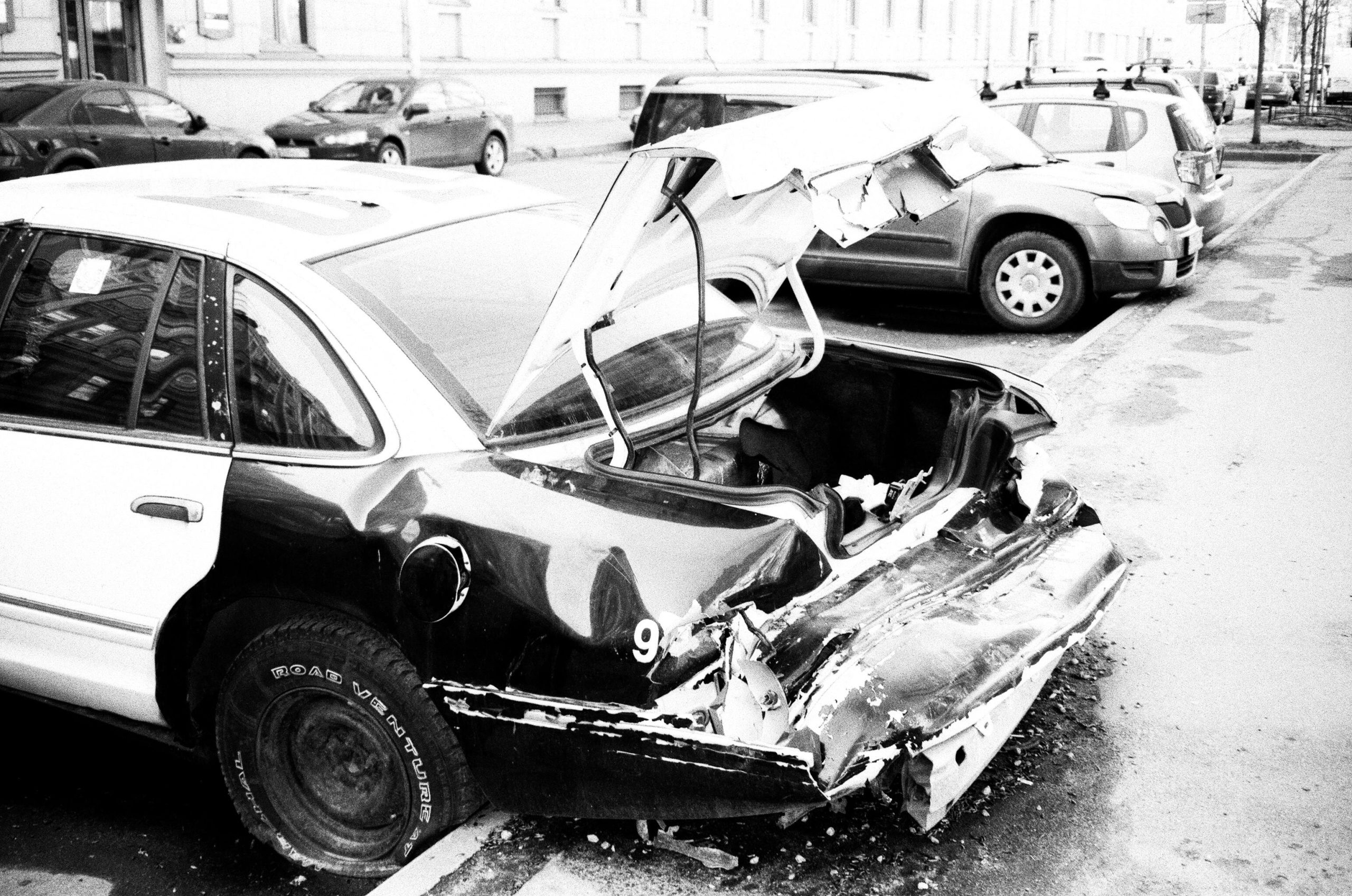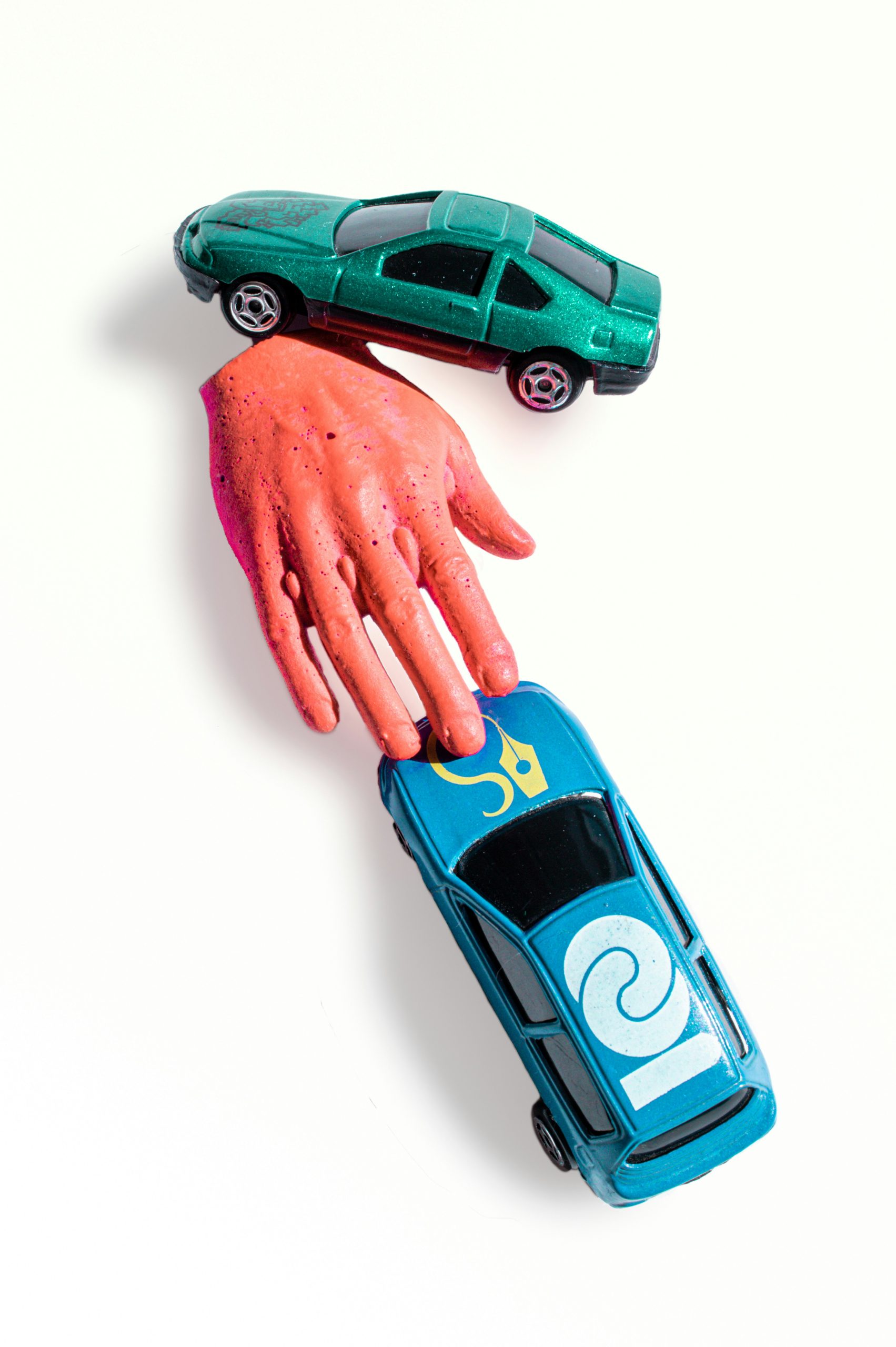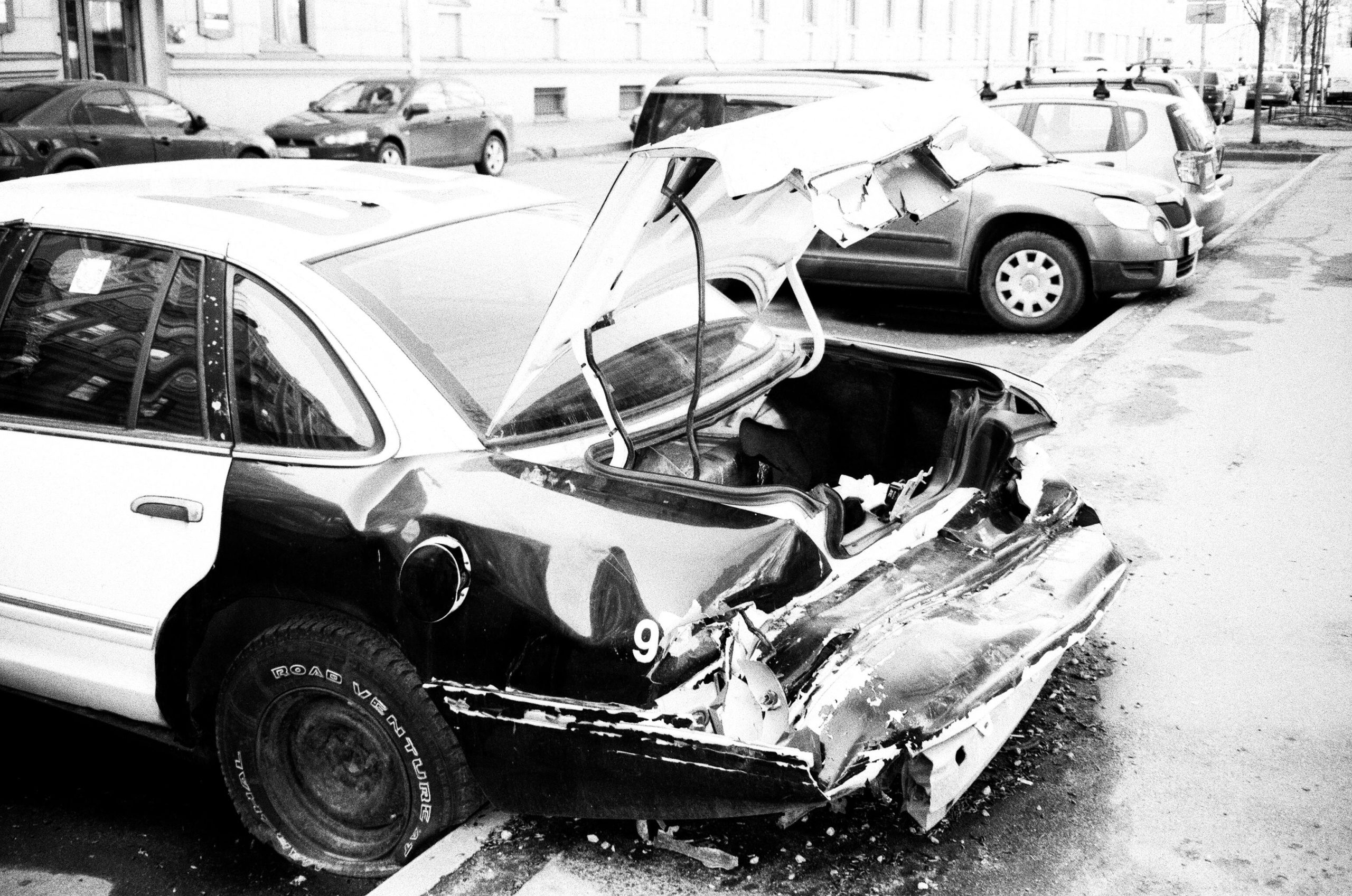 This case focuses on the procedural aspects of a personal injury lawsuit, highlighting the importance of deadlines and the consequences of missing them.
This case focuses on the procedural aspects of a personal injury lawsuit, highlighting the importance of deadlines and the consequences of missing them.
Case Background
Charles and Jeri Kouba sued the City of Natchitoches after Mr. Kouba fell on a staircase owned by the city. They alleged a defect in the staircase caused his injuries. The City filed a motion for summary judgment, which the Koubas opposed. However, they missed the deadline to file their opposition and requested a continuance (postponement) of the hearing. The trial court denied their request and granted summary judgment in favor of the City.
 Insurance Dispute Lawyer Blog
Insurance Dispute Lawyer Blog


 A tragic accident involving a young boy with autism has raised questions about the legal responsibility of homeowners when someone is injured on their property. The case of
A tragic accident involving a young boy with autism has raised questions about the legal responsibility of homeowners when someone is injured on their property. The case of  In the realm of insurance claims and legal disputes, the concept of subrogation often plays a crucial role. Subrogation allows an insurer, after paying a claim to its insured, to step into the insured’s shoes and seek reimbursement from the party responsible for the loss. But what happens when the insured settles their claim directly with the at-fault party? Does the insurer lose its right to subrogation? A recent Louisiana Court of Appeals case,
In the realm of insurance claims and legal disputes, the concept of subrogation often plays a crucial role. Subrogation allows an insurer, after paying a claim to its insured, to step into the insured’s shoes and seek reimbursement from the party responsible for the loss. But what happens when the insured settles their claim directly with the at-fault party? Does the insurer lose its right to subrogation? A recent Louisiana Court of Appeals case,  In a ruling emphasizing the critical importance of adhering to legal deadlines, the
In a ruling emphasizing the critical importance of adhering to legal deadlines, the  A recent ruling by the
A recent ruling by the  A recent ruling by the Louisiana Court of Appeal has shed light on the complexities of prescription (the state’s equivalent of a statute of limitations) and the concept of joint tortfeasors in wrongful death cases. The case, Crocker v. Baton Rouge General Medical Center, involved a tragic incident where a mentally impaired man, Jerry Sheppard, died after an altercation following his discharge from the hospital.
A recent ruling by the Louisiana Court of Appeal has shed light on the complexities of prescription (the state’s equivalent of a statute of limitations) and the concept of joint tortfeasors in wrongful death cases. The case, Crocker v. Baton Rouge General Medical Center, involved a tragic incident where a mentally impaired man, Jerry Sheppard, died after an altercation following his discharge from the hospital. In personal injury law, car accidents at intersections are all too common. However, the case of
In personal injury law, car accidents at intersections are all too common. However, the case of  We’ve all heard the phrase “slip and fall,” often in a comedic context. However, slip-and-fall accidents can result in severe injuries and legal battles. The recent Louisiana Court of Appeal case of Barton v. Walmart highlights the complexities of such cases and what it takes to prove a merchant’s liability.
We’ve all heard the phrase “slip and fall,” often in a comedic context. However, slip-and-fall accidents can result in severe injuries and legal battles. The recent Louisiana Court of Appeal case of Barton v. Walmart highlights the complexities of such cases and what it takes to prove a merchant’s liability. A recent ruling from the
A recent ruling from the  A recent
A recent